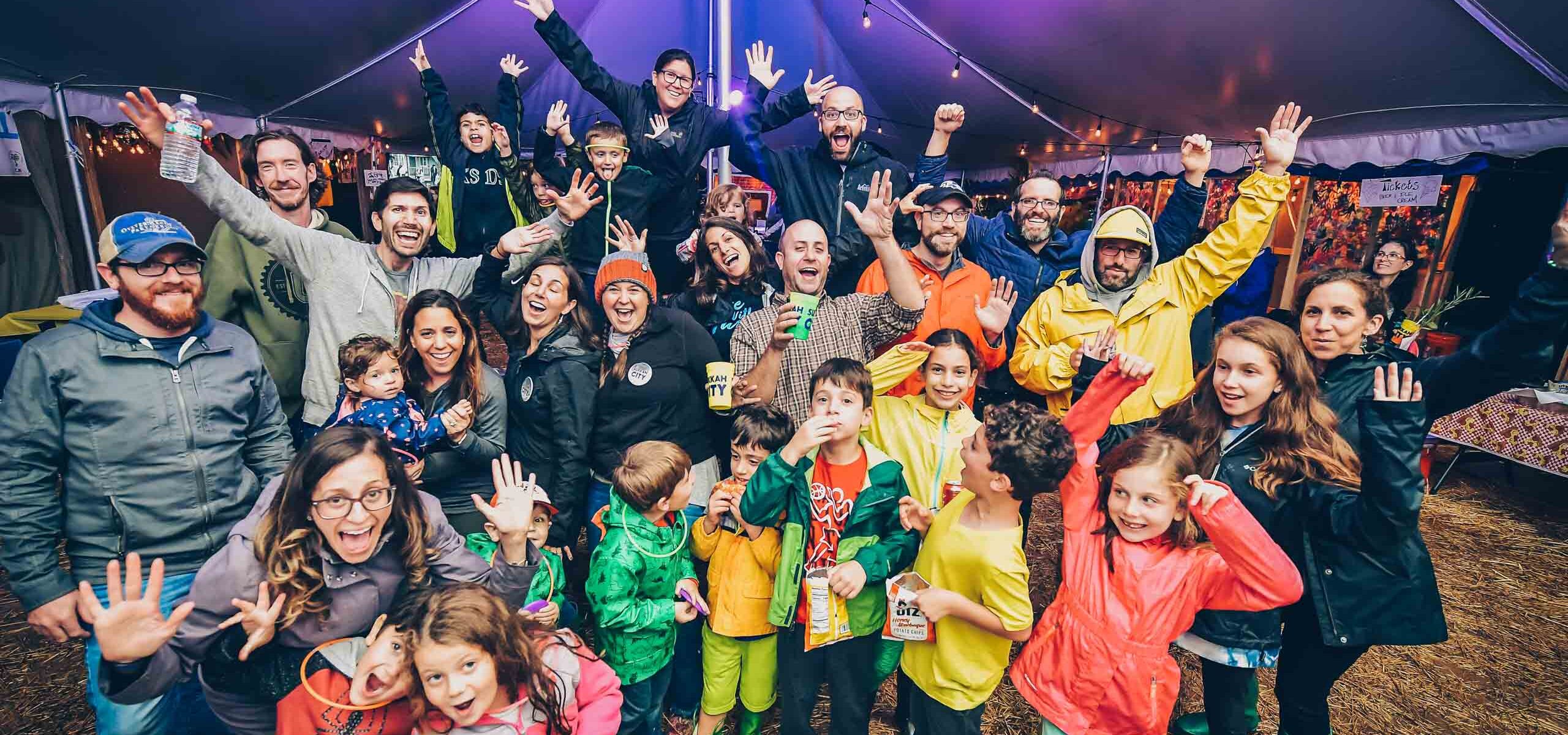On the Spectrum
by Alex Holt 
Alex Holt was born on Long Island but grew up near Albany and Buffalo, New York. He was first identified as being on the autism spectrum around 1994 or 1995. He received his bachelor’s degree from Ithaca College in journalism in 2013 before moving to Baltimore and receiving his master’s degree in journalism from the University of Maryland, College Park in 2014. He recently completed an internship at the Rosenbloom Owings Mills JCC in 2017, where he still writes.
“If you’ve met one person with autism, you’ve met one person with autism” – Dr. Stephen Shore
What’s it like being autistic? I honestly couldn’t tell you, at least not completely. Actually, that’s not quite true: I was diagnosed with Asperger’s Syndrome when I was three or four years old and it’s something I’ve always lived with. But I can’t really speak to what the general autistic experience is like because there isn’t a general autistic experience; rather, it’s a spectrum.
Some autistic people take a long time to speak or at least partially lose language skills at an early age; others are completely nonverbal and then you have people like me who never had that issue. Some people with autism are really sensitive to noise; I’ve never had too many of those problems though I don’t take too kindly to websites whose video players use autoplay and I sometimes struggle a bit with adjusting the volume of my voice. My motor skills are such that I never quite got the hang of learning to tie my shoes and as far as handwriting goes, my teachers switched me over from cursive lessons to typing lessons as soon as I’d learned how to sign my name. On the other hand, I’m sure there are some autistic people out there with perfect penmanship.
Even the specific labels we use to describe autism vary widely from person to person. Technically I was diagnosed with Asperger’s syndrome; the debate over whether that differs from “regular” autism and if so, to what extent was already pretty fierce before the American Psychiatric Association added fuel to the fire by removing Asperger’s from its guidebook, the DSM, or Diagnostic and Statistical Manual. I’m also what some people have called a “high-functioning autistic.” A lot of people on the autism spectrum, myself included, have really come to dislike that term, both because it’s potentially unfair to autistic people who can’t pass for “normal” and because it ignores the ways everyone else can struggle on our bad days.
So what is my experience with autism and Asperger’s? A lot of it is a series of contrasts. It’s being obsessed with sports and simultaneously knowing I can’t hit a baseball to save my life. It’s being in AP English and remedial room math and science at the exact same time in middle school and early high school. It’s getting intensely interested in subjects like science fiction, comic books, rock music, and sports and being able to spout off random factoids about each subject, even if I haven’t actively followed them in years.
It’s knowing that you have to work a little harder at reading people’s social cues and body language, even though you have just as many emotions and capacity for empathy as everybody else. It’s rolling your eyes at anti-vaccine spokespeople but cheering on famous autistic people. It’s me rolling my eyes at the umpteenth autistic stereotype character on TV and then seeing Ezra Miller as the Flash in Justice League and identifying with him so hard that I turn around and tell my sister “that’s me.” It’s knowing that pretty much everyone knows someone with a disability but that not everyone knows that they know someone with a disability, if that makes any kind of sense.
Above all else for me, being autistic means being ever so slightly different from the rest of the world but working not just to get by with that difference to but to thrive with it. Not a bad goal to have, all things considered.







